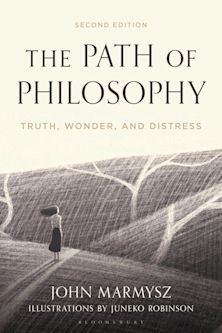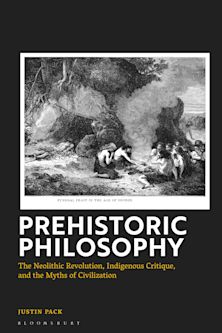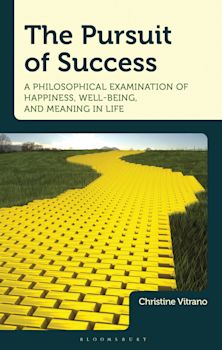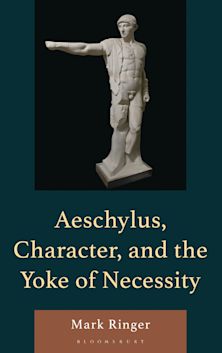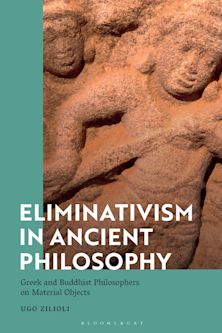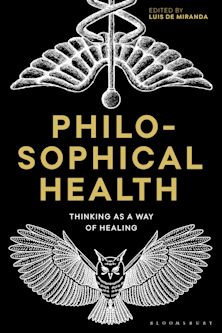- Home
- ACADEMIC
- Philosophy
- Ancient Philosophy
- Queenly Philosophers
You must sign in to add this item to your wishlist. Please sign in or create an account
Description
Recent work on the Platonic notion of the Guardian has focused on the female Guardian, or “Philosopher Queen,” but mainly insofar as the idea is problematic. Okin, Saxonhouse, and others have tried to be more precise about the concepts involved—this work aims to use actual publications by British and continentally-trained women aristocrats of the sixteenth and seventeenth centuries to fill in the lacunae. It is concluded that these women were not only philosophical thinkers, but in some sense Guardians. Their overview encompassed notions of duty, care, and a concern of the development of the intellectual life that left a mark for future generations.
Table of Contents
Acknowledgments
PART ONE: The Guardian Question
Chapter One: Philosopher Queens
PART TWO: Theology and Philosophy
Chapter Two: The 1500’s as a Time of Change
Chapter Three: Mary Sidney Herbert, the Countess of Pembroke
Chapter Four: Katherine Parr, Queen Consort
Chapter Five: Elizabeth I
PART THREE: Science and Philosophy
Chapter Six: The 1600’s and Intellectual Ferment
Chapter Seven: Margaret Cavendish, Duchess of Newcastle
Chapter Eight: Aphra Behn and the Aristocratic Circle
PART FOUR: Commitments and Philosophers
Chapter Nine: The Aristocratic Guardians
Bibliography
Product details
| Published | Sep 20 2017 |
|---|---|
| Format | Ebook (Epub & Mobi) |
| Edition | 1st |
| Extent | 294 |
| ISBN | 9781498541374 |
| Imprint | Lexington Books |
| Publisher | Bloomsbury Publishing |
About the contributors
Reviews
-
This new work on woman philosophers presents a major contributionto the literature. Little work having been done previously on these particular women as philosophers, this work enlightens its audience not only about the works of these five women but about the world of England in the 16th and 17th centuries. Through careful analyses of the works, through making clear the environment in which the works were written, and through making clear the necessity of having access to the court, either by being aristocrats themselves or by association—this text contributes to the understanding of these particular philosophers and their works and to the history of women writing philosophy as well as to a more comprehensive understanding of the history of philosophy than now exists.
Therese Dykeman, Sacred Heart University
-
With ingeniously careful development Professor Duran convinces us that five names ought to be added to that of Margaret Cavendish as philosophers of the early modern period: Aphra Benn, Elizabeth I, Katharine Parr and Mary Sidney Herbert. A solid case is made that Plato happily would nod 'yes' to the question 'is this a philosopher-Queen?' Duran makes the case that each was queenly (if not Queen) and had the personal character and requisite philosophic acumen to successfully rule in a Republic-like ideal society. A fascinating idea and a welcome introduction of additional contributions by women to the history of philosophy.
Mary Ellen Waithe Ph.D, Professor Emerita, Cleveland State University












